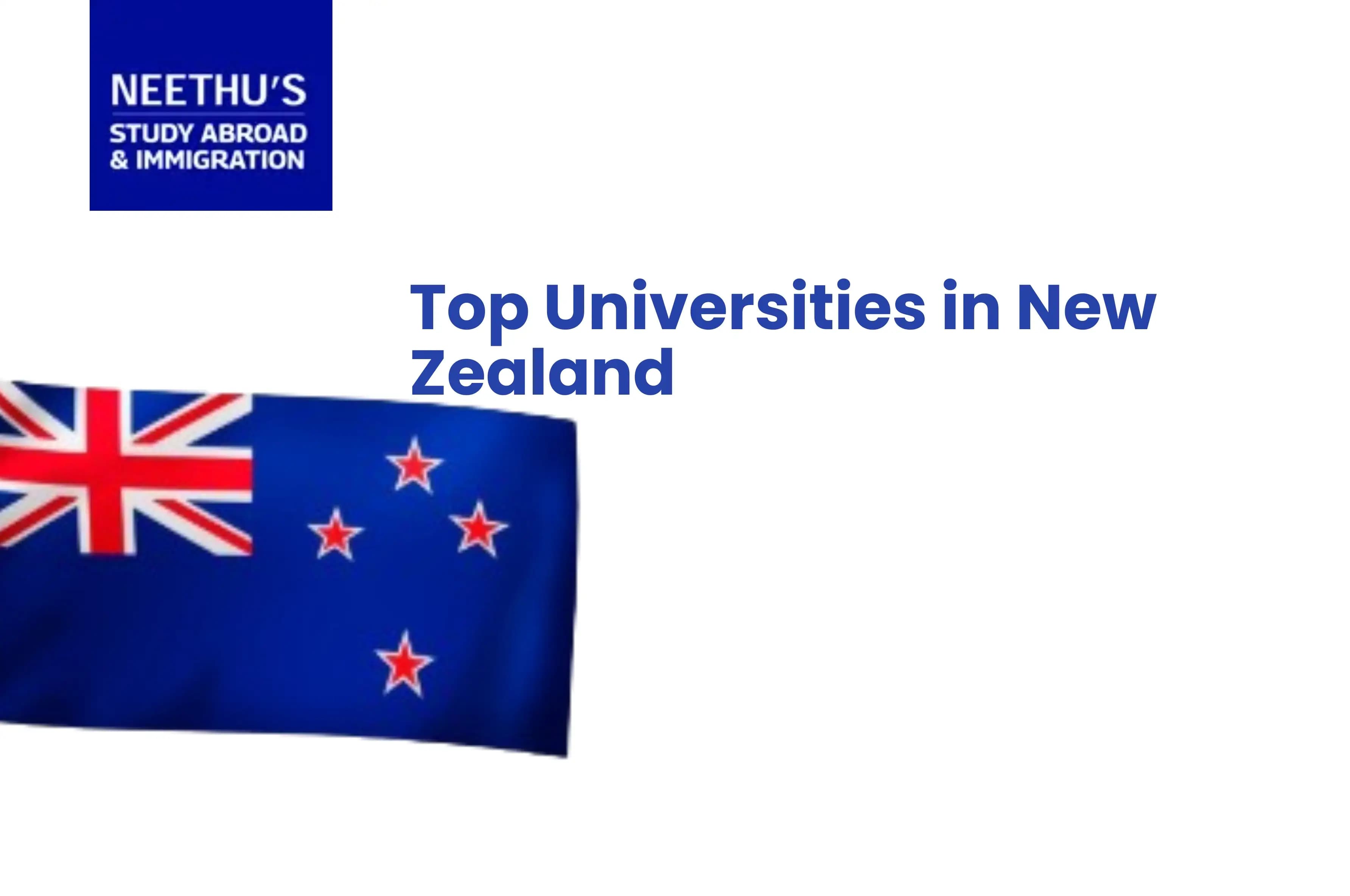Top Engineering Universities in Canada 2025 | Best Colleges & Courses for Indian Students
_15-10-2025_03-46-47%20PM.webp&w=3840&q=75)
Want to study engineering abroad? Canada is one of the most sought-after countries for Indian students because it has world-class education, cutting-edge research opportunities, and career-oriented programs. In this detailed 2025 guide, we will discuss the best engineering colleges in Canada, best courses, eligibility, fees, scholarships, and more that you need to know before you apply.
Why Study Engineering in Canada?
Engineering studies in Canada provide the best combination of academic distinction, practical training, and career opportunities after graduation. Canadian universities are also internationally acclaimed for their research-based curriculum, industry connections, and innovation. Additionally, Canadian engineering graduates are also high in demand globally, and the immigration-friendly policies in the country facilitate easy entry and working after studies for Indian students.
The prime benefits are:
-
Internationally accredited engineering degrees.
-
Access to cutting-edge labs and research facilities.
-
Opportunities for paid internships (co-op programs).
-
Easy pathways to Permanent Residency (PR) after graduation.
Top Engineering Universities in Canada (2025 Ranking)
Here are some of the best engineering universities in Canada renowned for academic excellence and career outcomes:
1. University of Toronto (U of T) – Considered among the top 30 in the world, U of T's Faculty of Applied Science and Engineering is renowned for research in AI, robotics, and civil engineering.
2. University of British Columbia (UBC) – Renowned for innovation and sustainability, UBC provides varied specializations in chemical, electrical, and environmental engineering.
3. McGill University – Based in Montreal, McGill's engineering courses are highly regarded around the world, especially in mechanical, biomedical, and computer engineering.
4. University of Waterloo – Master in cooperative education (co-op), Waterloo offers students experiential learning in conjunction with studies.
5. McMaster University – Known for its research-intensive engineering course and co-op ties with international industries.
6. University of Alberta – Leads with excellent petroleum, mining, and materials engineering programs with excellent job placement.
7. University of Calgary – Particularly popular for energy, civil, and software engineering.
8. Queen's University – High employability with strong networks of alumni in Canada and overseas.
9. Western University – Excellent courses in mechatronics, aerospace, and structural engineering.
10. Carleton University – Cheap and sought after by international students, famous for electronics and computer systems engineering.
Popular Engineering Courses for Indian Students
Indian students can opt for a wide variety of engineering courses in Canada, such as:
-
Mechanical Engineering
-
Civil and Structural Engineering
-
Electrical and Electronics Engineering
-
Computer and Software Engineering
-
Chemical Engineering
-
Biomedical Engineering
-
Aerospace Engineering
-
Industrial Engineering
-
Environmental Engineering
Every specialization balances theory with practice through co-op placements or industrial internships.
Eligibility Requirements for Engineering in Canada
To study engineering in Canada, Indian students need to fulfill the following requirements:
-
Academic Qualifications: 12th class pass with Physics, Chemistry, and Maths for undergraduate courses. Bachelor's degree in the relevant field for postgraduate studies.
-
Minimum Percentage: Typically 70% or more in core courses.
-
English Proficiency: IELTS (total 6.5–7.0) or TOEFL equivalent.
-
Entrance Exams: GRE for master's courses in some universities.
-
Documents Required: Academic transcripts, SOP, LORs, resume, and passport.
Cost of Studying Engineering in Canada
The expense of studying engineering in Canada differs according to university and study level.
-
Tuition Fees: CAD 25,000–45,000 per year (approx. ?15–27 lakhs).
-
Living Expenses: CAD 10,000–15,000 per year (approx. ?6–9 lakhs).
-
Application Fees: CAD 100–150 per university.
Scholarships for Engineering Students in Canada (2025 Update)
Canada offers numerous scholarships for Indian engineering students to reduce financial burden. Some popular options include:
- Ontario Graduate Scholarship (OGS)
- University of Toronto Engineering Admission Award
- UBC International Major Entrance Scholarship
- McGill Entrance Scholarship
- Vanier Canada Graduate Scholarships
- Lester B. Pearson International Scholarship
Most scholarships are based on academic excellence, leadership qualities, and research potential.
Step-by-Step Admission Process for Indian Students
Here’s how to apply to engineering universities in Canada:
1. Select the Course and University – Research for the top programs suitable for your interests and aspirations.
2. Verify Eligibility & Requirements – Check academic, language, and document requirements.
3. Gather Documents – Transcripts, IELTS/GRE scores, SOP, and references.
4. Apply – Apply directly on the university's online portal.
5. Application Fee Payment – Typically CAD 100–150.
6. Offer Letter – Conditional or unconditional offer depending on eligibility.
7. Apply for Study Permit (Visa) – Through the Student Direct Stream (SDS) if eligible.
8. Plan Travel & Accommodation – Arrive before the semester start date.
Top Affordable Engineering Universities in Canada
If you’re looking for affordable engineering universities in Canada, consider:
Memorial University of Newfoundland – Among the lowest tuition fees in Canada.
University of Saskatchewan – High-quality programs at budget-friendly costs.
University of Manitoba – Good research exposure with reasonable tuition fees.
Lakehead University – Has good undergraduate engineering courses.
Ryerson University (Toronto Metropolitan University) – Good placements from the urban campus.
Career Opportunities & Salary Scope After Engineering
Canadian university graduation means huge worldwide opportunities. Engineering careers rank among the best-paid in Canada.
Average Salary Range: CAD 60,000–110,000 per year based on specialization and experience.
Top jobs include:
Mechanical Engineer
Software Engineer
Civil Project Manager
Electrical Engineer
Data Engineer
Petroleum Engineer
Canada's increasing need for talented engineers guarantees great job security and PR opportunities.
Best Canadian Cities to Study Engineering
Indian students love these student-friendly cities that are safe, have job opportunities, and a good lifestyle:
- Toronto, Ontario – Hub for technology and innovation.
- Vancouver, British Columbia – Best for environmental and civil engineers.
- Montreal, Quebec – Economical and rich in culture.
- Calgary, Alberta – Petroleum and energy engineering hub.
- Waterloo, Ontario – Referred to as the "Silicon Valley of the North."
Conclusion
Choosing to study engineering in Canada is an investment in an international career. With top-tier education, great research facilities, and plenty of job opportunities, Canada presents Indian students with a promising future. From low-cost tuition plans to good PR opportunities, it's no surprise that Canada is the number one destination for prospective engineers in 2025.
Whether you want to innovate, build, or lead in the world of engineering, it begins with the right university in Canada.
Frequently Asked Questions
Which university is best for engineering in Canada?
Some of the top universities for engineering are the University of Toronto and the University of Waterloo.
Is Canada affordable for studying engineering?
Yes, but particularly at state universities with scholarships and co-op options.
What IELTS score is required for engineering in Canada?
It is usually 6.5–7.0 overall in most universities.
Can Indian students get PR after completing engineering in Canada?
Yes, by following schemes such as the Post-Graduation Work Permit (PGWP) for PR options.






















_03-12-2025_01-17-26%20PM.webp&w=3840&q=75)
_02-12-2025_03-07-49%20PM.webp&w=3840&q=75)

_27-11-2025_04-06-24%20PM.webp&w=3840&q=75)
_25-11-2025_04-38-18%20PM.webp&w=3840&q=75)
_24-11-2025_03-20-26%20PM.webp&w=3840&q=75)
_22-11-2025_12-44-47%20PM.webp&w=3840&q=75)
_21-11-2025_04-17-47%20PM.webp&w=3840&q=75)
_20-11-2025_03-55-26%20PM.webp&w=3840&q=75)
_18-11-2025_04-00-40%20PM.webp&w=3840&q=75)
_15-11-2025_10-48-43%20AM.webp&w=3840&q=75)
%20(1)_14-11-2025_03-52-25%20PM.webp&w=3840&q=75)
_13-11-2025_03-02-38%20PM.webp&w=3840&q=75)
_08-11-2025_04-15-36%20PM.webp&w=3840&q=75)
_05-11-2025_04-01-50%20PM.webp&w=3840&q=75)
_05-11-2025_03-46-26%20PM.webp&w=3840&q=75)
_03-11-2025_03-31-09%20PM.webp&w=3840&q=75)
_04-11-2025_.webp&w=3840&q=75)
_04-11-2025_.webp&w=3840&q=75)
_28-10-2025_04-09-08%20PM.webp&w=3840&q=75)
_24-10-2025_05-10-31%20PM.webp&w=3840&q=75)
_24-10-2025_04-55-51%20PM.webp&w=3840&q=75)
_22-10-2025_04-40-20%20PM.webp&w=3840&q=75)
%20(1)_21-10-2025_03-05-46%20PM.webp&w=3840&q=75)
_21-10-2025_02-43-15%20PM.webp&w=3840&q=75)
_17-10-2025_05-08-52%20PM.webp&w=3840&q=75)
_17-10-2025_04-54-54%20PM.webp&w=3840&q=75)
_14-10-2025_03-42-40%20PM.webp&w=3840&q=75)
_14-10-2025_03-29-48%20PM.webp&w=3840&q=75)
_13-10-2025_03-48-51%20PM.webp&w=3840&q=75)
_11-10-2025_04-28-42%20PM.webp&w=3840&q=75)
%20(1)_09-10-2025_04-12-08%20PM.webp&w=3840&q=75)

_07-10-2025_02-55-25%20PM.webp&w=3840&q=75)
_07-10-2025_02-39-51%20PM.webp&w=3840&q=75)
_06-10-2025_03-42-37%20PM.webp&w=3840&q=75)
_03-10-2025_04-42-59%20PM.webp&w=3840&q=75)
_01-10-2025_11-12-12%20AM.webp&w=3840&q=75)
%20(1)_29-09-2025_02-54-12%20PM.webp&w=3840&q=75)

_26-09-2025_12-14-18%20PM.webp&w=3840&q=75)
_24-09-2025_04-44-26%20PM.webp&w=3840&q=75)
_23-09-2025_04-14-36%20PM.webp&w=3840&q=75)
_22-09-2025_04-08-09%20PM.webp&w=3840&q=75)
_20-09-2025_03-26-03%20PM.webp&w=3840&q=75)
_17-09-2025_04-06-42%20PM.webp&w=3840&q=75)
_15-09-2025_04-43-43%20PM.webp&w=3840&q=75)
_13-09-2025_12-17-49%20PM.webp&w=3840&q=75)
_12-09-2025_04-31-36%20PM.webp&w=3840&q=75)
_12-09-2025_04-17-03%20PM.webp&w=3840&q=75)
_10-09-2025_03-59-59%20PM.webp&w=3840&q=75)
_09-09-2025_04-11-16%20PM.webp&w=3840&q=75)
_09-09-2025_03-53-52%20PM.webp&w=3840&q=75)




















































_12-06-2025_03-40-35%20PM.webp&w=3840&q=75)

